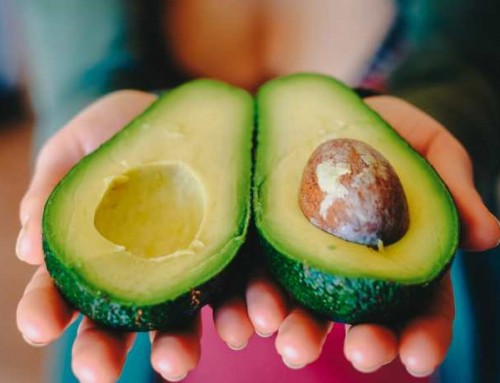Beetroot and your DNA
Hidden properties in the beetroot
While a lot of people refuse to eat beetroot, it has a lot of healthy properties which can benefit your diet and, most importantly, your general health. Beetroot is rich in ascorbic acid, flavonoids, carotenoids, and phenolic acids. There is a lot of Betaine in beetroot too – this is what causes beets to have their dark purple colour. Betaine has also proven to have several anti-inflammatory and antioxidant properties.
Beetroot and cardiovascular disease
Research has shown that by eating beetroot, you can significantly lower your risk of cardiovascular disease. This is particularly important for anyone who has the polymorphism of the gene called MTHFR. An unfavourable variation of this gene has a direct relation to an increase in homocysteine levels. When there are high levels of this amino acid in your body, you are at greater risk of not only cardiovascular disease but thrombosis as well.
Studies have shown that by supplementing a dosage of 6g of betaine into your diet, you can reduce this amino acid’s levels by up to 20%. So, if you have done our Sport & Fitness DNA test and find out that you have a unfavourable variation of MTHFR gene, now you know how to lower that levels.
Beetroot and antioxidant properties
Research demonstrated that by supplementing between 5-15g of betaine into your diet, the transcription factor which produces antioxidant enzymes in your body would be enhanced. That is of particular importance for people with a unfavourable variant of the SOD2 gene because their natural antioxidant properties are lower than they should be.
You can find your variant of MTHFR and SOD2 gene in the tests below
If you would like to find out more about how diet can improve yor genes, you should read our post about Nutrigenetics and Nutrigenomics.

















